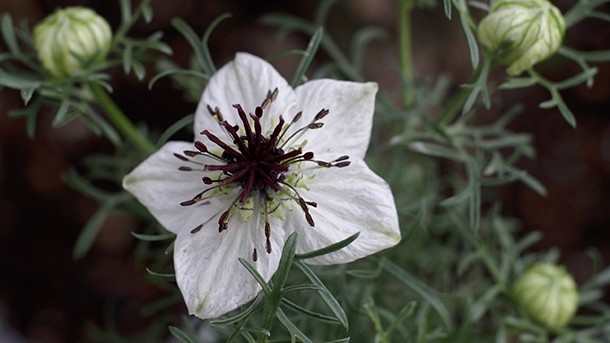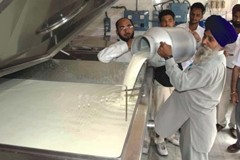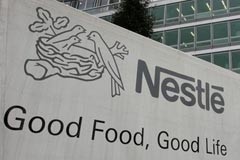Nestlé refutes Indian claims it is monopolising traditional medicine

The world’s biggest food company has been under fire amid accusations that it has set out to assert its rights in various parts of the world for using an extract from kala jeera, which is also known as fennel flower and Nigella sativa.
According to Indian daily Business Standard, health activists and those trying to protect traditional knowledge have been saying the move is an attempt to “monopolise” traditional medicine.
Denies filing patent
However, in a reply to the newspaper this week, Nestlé is continuing to defend its stance towards patenting the ingredient.
“We have discovered that an extract from Nigella sativa seeds might help to reduce the severity and symptoms of food allergy,” a spokesman told Business Standard.
“This is achieved through a biological interaction that stimulates the body’s opioid receptors. In 2009, we applied for a patent to protect the use of molecules which act on opioid receptors for treating or preventing food allergy. We have not filed a patent on Nigella sativa.”
The spokesman added that the Swiss company fully supports the principle of fair access and benefit-sharing, as described in the Nagoya Protocol of 2010 and the Convention on Biological Diversity of 1992.
According to Nestlé, patent applications it has made relate only to the specific way that thymoquinone—a compound that can be extracted from the seed of the fennel flower—interacts with opioid receptors in the body and helps to reduce allergic reactions to food.
“We aim to protect the findings of our research on the interactions between thymoquinone, or similar compounds, and the body’s opioid receptors, and how this interaction can help reduce allergic reactions to foods,” it said.
“The fennel flower… is a natural species, and nobody could, or should, benefit from ownership over it.”
Critics disagree
However, Third World Network, in its 2013 “Biopiracy Watch” briefing document disagrees with Nestlé’s motives.
“The Swiss giant’s claims appear invalid. Developing country scholarship has already validated these traditional uses and further described, in contemporary scientific terms, the very medicinal properties of black seed that Nestlé seeks to claim as its own ‘invention’,” the emerging market pressure group wrote.
“The Nestlé Nigella sativa story is not about piracy of physical materials, but instead about appropriation of traditional knowledge.”
A petition launched in April last year by SumofUs has since gained almost half a million signatures in support of its call to Nestlé to "stop trying to patent a natural cure".


















